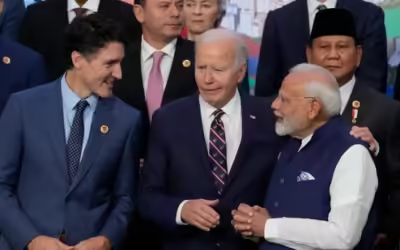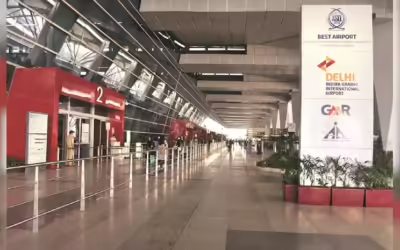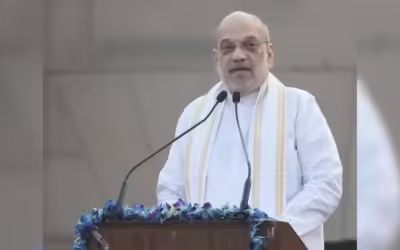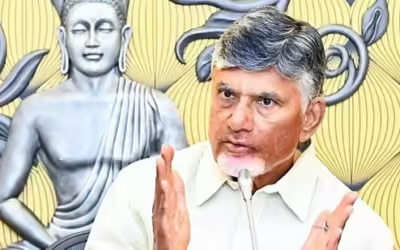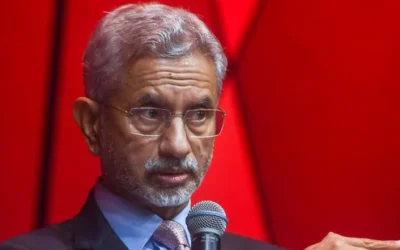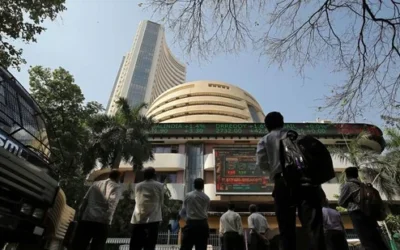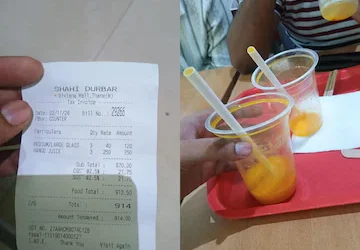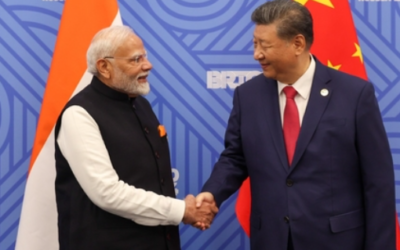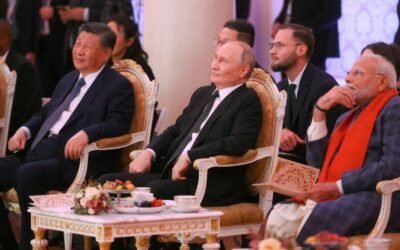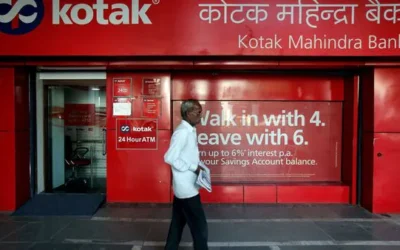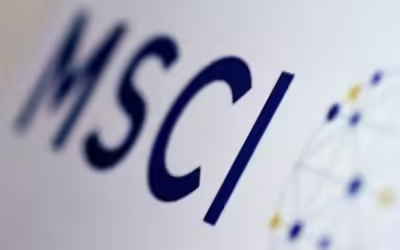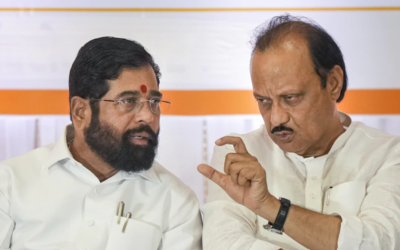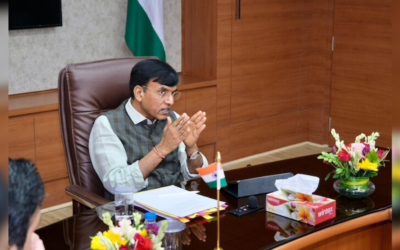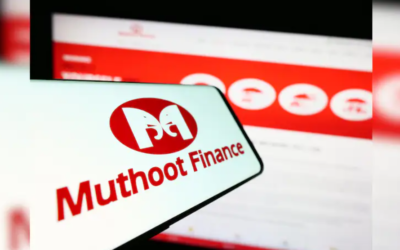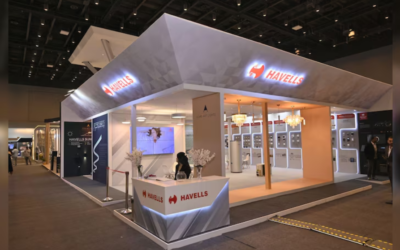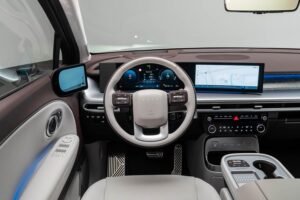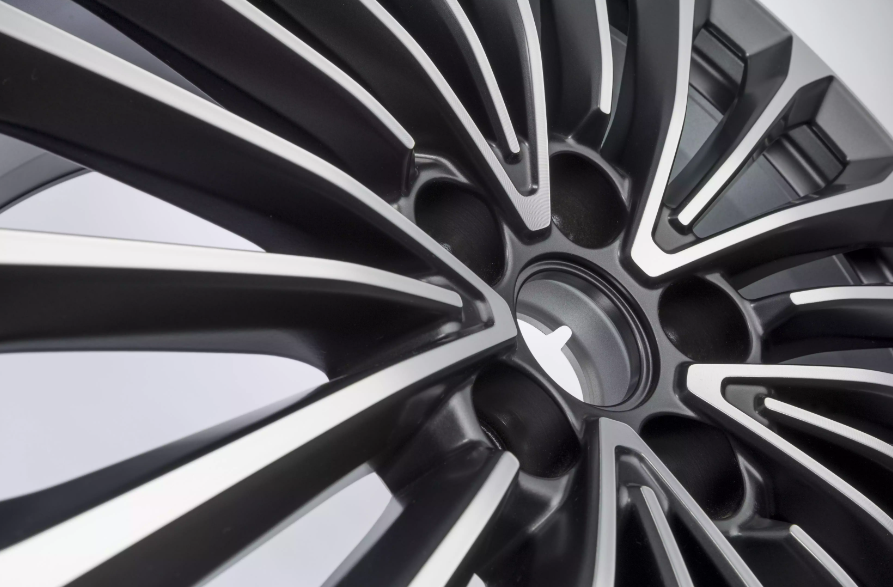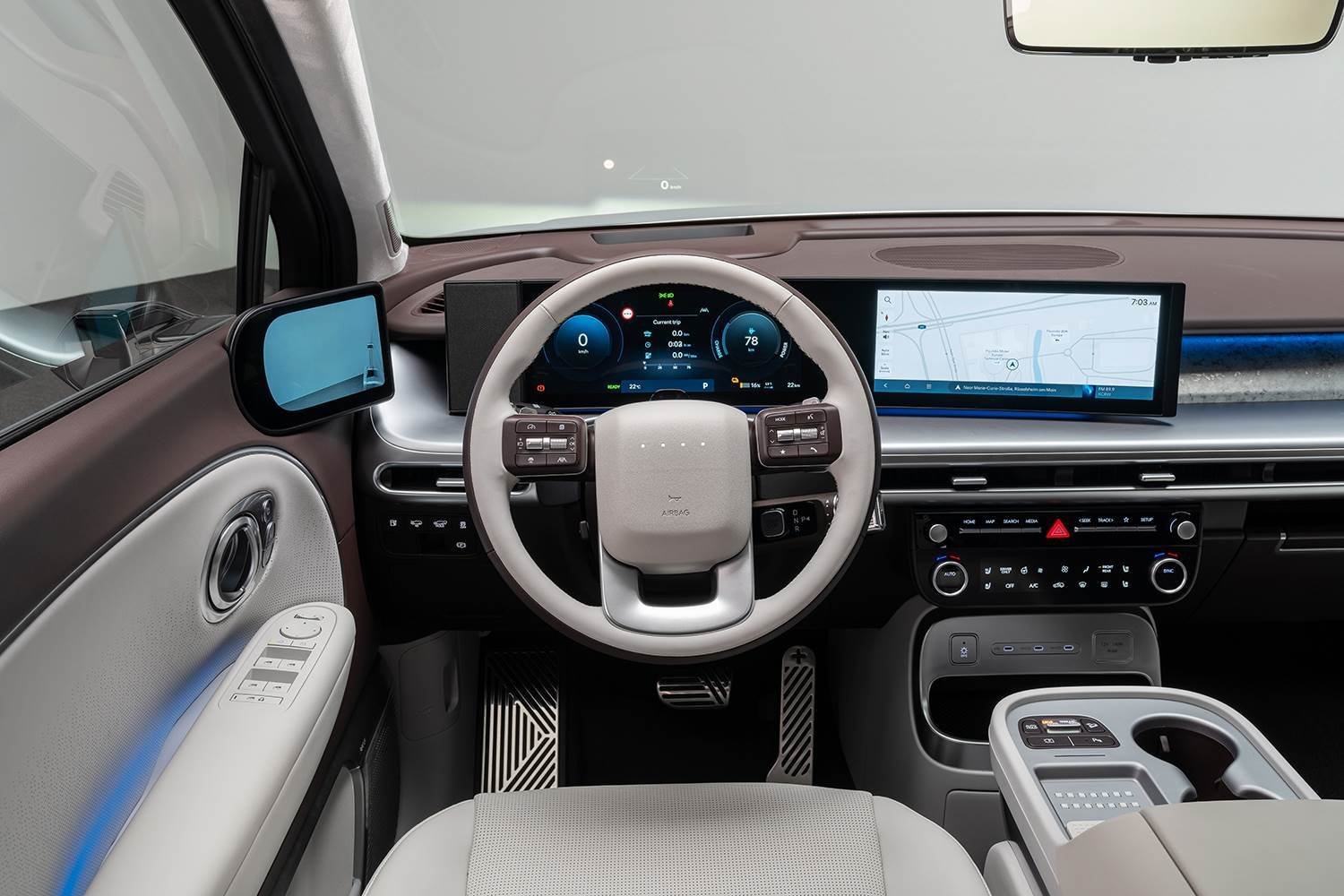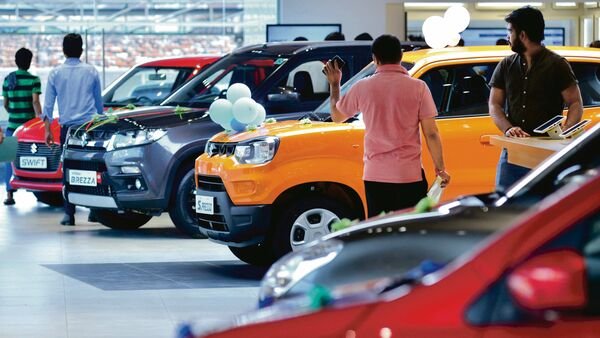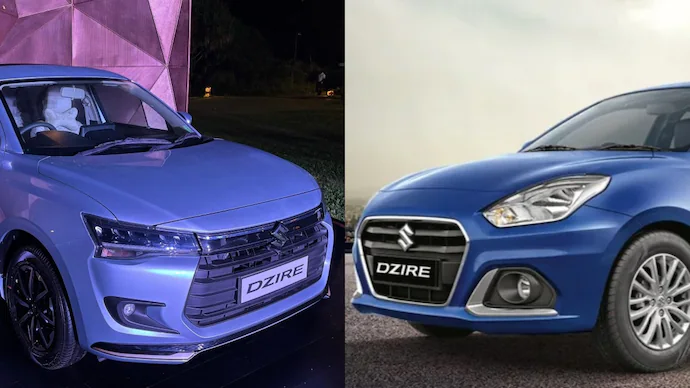The world’s leading supplier of steel and aluminum wheels is actively pursuing effective cost solutions, recognizing that this is essential for retaining customers during this challenging period of sustainability. Pieter Klinkers, CEO, believes that new opportunities are emerging in the electric vehicle sector, particularly as Chinese manufacturers gain significant momentum. He notes that this development was inevitable, even as the EU and the US implement substantial import levies in an effort to mitigate competition from China.
The underlying message is that new products are very important but more so is affordability and the need for cost-competitiveness around the world.
New Delhi: Pieter Klinkers expresses enthusiasm regarding the prospects of electric vehicles for his company’s core business, which specializes in supplying steel and aluminum wheels for cars and trucks.
As the CEO of Maxion Wheels states, “I am optimistic about the opportunities this creates for us. Typically, wheels for electric vehicles are becoming larger and more functional, while also needing to be quieter. In the past, the engine noise was prominent; now, with electric vehicles, the only sounds that remain are those from the tires and wheels.”
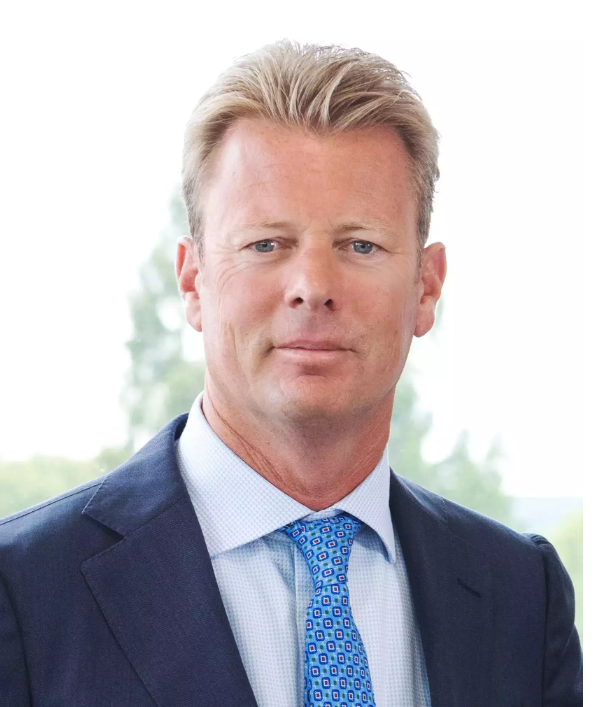
Piter Klinkers, CEO, Maxion Wheels
Maxion Wheels, with over a century of experience and an annual production of 50 million wheels, is now developing solutions to address the challenges posed by the evolving mobility landscape. The increased functionality of wheels adds value, which is beneficial for the company. According to Klinkers, many new energy vehicle manufacturers view Maxion Wheels as a technological expert, as these manufacturers are often more focused on software and related technologies than on traditional OEMs.
Conversely, Maxion Wheels excels in what are considered traditional components, positioning the company to generate innovative ideas, solutions, and products.
Klinkers notes, “I see this trend providing us with more opportunities than challenges. As long as transportation remains grounded—unless we begin using helicopters for short distances—wheels will continue to be relevant. However, I do not foresee that happening in the near future.”
The key challenge lies in developing affordable solutions, especially as numerous trends emerge in the mobility sector. While sustainability is frequently highlighted as a crucial component, it often leads to increased costs.
Klinkers emphasizes, “If sustainability translates to higher costs, market traction will be minimal. Consumers will not invest in solutions, regardless of their sustainability benefits. The companies that can offer the most affordable options will gain the most traction and succeed.”
The underlying message is that while new products are essential, affordability and global cost competitiveness are paramount. “We can create wheels that are nearly 70% greener than our current offerings, but if the costs are prohibitive, they will not gain market acceptance. There may be niche applications, but broad traction will be lacking,” he explains.
Therefore, Maxion Wheels aims to focus on developing solutions that enhance sustainability without increasing costs, striving for an optimal balance of affordability and sustainability on a global scale.
“This initiative is expected to impact 90% of vehicle production. While high-end brands like Porsche or Ferrari may not require these changes, they represent a very niche market, which is not the focus of our efforts,” he adds. As part of its Roadmap Zero initiative, the objective is to reduce emissions by 30% between 2020 and 2025.
Optimizing operational efficiency will play a crucial role in achieving the initial 30% reduction. To reach the goal of 100%, however, significant additional measures will be necessary, which are likely to be cost-intensive. “We must develop strategies to reduce these costs while continuing to make the substantial progress we have achieved in recent years,” Klinkers states.
In India, for example, Maxion Wheels has recently invested in two large solar farms to meet 40% of its energy needs for its facilities in Maharashtra. “We are on track with the roadmap, but it will only succeed if we do not increase the final cost for the end user,” he emphasizes.
Furthermore, Maxion Wheels has been encouraging its suppliers to deliver cleaner metal, recognizing that they are a critical component of the overall wheel production process. According to Klinkers, a significant aspect of reducing emissions involves identifying and eliminating unnecessary processes: “The first step in emission reduction is to assess what can be minimized or eliminated.”
Fatigue life
Beyond this, the fatigue life of a wheel is of paramount importance. As Klinkers explains, “I always emphasize that anything can break on a car except the wheel, and we must ensure it meets very high specifications from a quality perspective.”
Regarding the significant transformation occurring in the automotive industry, Klinkers notes that the environment has always been dynamic and challenging, and the current situation is “certainly not less than the average.” Various factors, including COVID-19, parts availability, and semiconductor shortages, have introduced complexities. Additionally, inflation remains a persistent challenge for both customers and suppliers, complicating management efforts.
Currently, the discussion revolves around the new mobility trend, which is “still present but may be evolving more slowly than many anticipated.” Klinkers points out that this slower pace is incurring substantial costs for customers and ultimately affecting the industry as a whole. “It is a complex landscape we are navigating,” he states.
On a positive note, markets such as India and Brazil are performing well, helping to offset challenges faced in regions like Europe, which are experiencing slower growth. “Being a global company provides us with stability, and I believe we have the opportunity to navigate these challenges more effectively than some of our peers,” he concludes.
Coping with the Chinese
From his perspective, these shifting dynamics present opportunities for wheels, which “will remain essential for the foreseeable future.” Ultimately, mobility requires wheels, positioning Maxion favorably in the market. “Learning from global developments also provides us with a competitive advantage,” Klinkers states.
Regarding the significant presence of Chinese manufacturers in the electric vehicle (EV) sector, he acknowledges the reality that they are here to stay and that business considerations will take precedence over political concerns. “If their automakers enter markets in Europe or Brazil, we will collaborate with them. We are already working with them in China, where we have operations, and we will support them if they can produce better vehicles,” he adds.
While there may be increasing apprehension in Europe and the U.S. about Chinese EVs, Klinkers points out that they are “performing exceptionally well strategically and operationally.” He notes that his extensive travel to China has left him continually impressed by the rapid development of EV infrastructure.
“You will not be surprised to see how quickly they will also advance in the automotive sector if given a fair chance to compete on technology,” he elaborates. “In the realm of internal combustion engines, the Western world was more advanced, but the emergence of a new level playing field with EVs has allowed the Chinese to progress rapidly.”
In India, Maxion Wheels plans to continue its investment not only in capacity but also in technology and new products. Klinkers describes India as “a phenomenal market,” highlighting that operations across their plants in Maharashtra are running smoothly.
India plans
In India, Maxion Wheels intends to continue its investments, focusing not only on capacity expansion but also on advancing technology and developing new products. Klinkers describes India as “a phenomenal market,” noting that operations across their plants in Maharashtra are performing well.
“We aim to grow faster than the market, driven by our cost competitiveness and the introduction of new products. We are collaborating with major OEMs on these developments, and if they succeed, as I believe they will, we anticipate outpacing market growth,” he states.
There are several “great ideas” in the pipeline that are expected to “keep us very busy” in the coming years. Maxion Wheels already exports truck wheels from its Pune facility to Hino and other Japanese truck manufacturers. Additionally, shipments are made to North America, where there is a high demand for trailer wheels. However, the primary focus remains on India, where Klinkers and his team are poised for significant growth in the near future.







